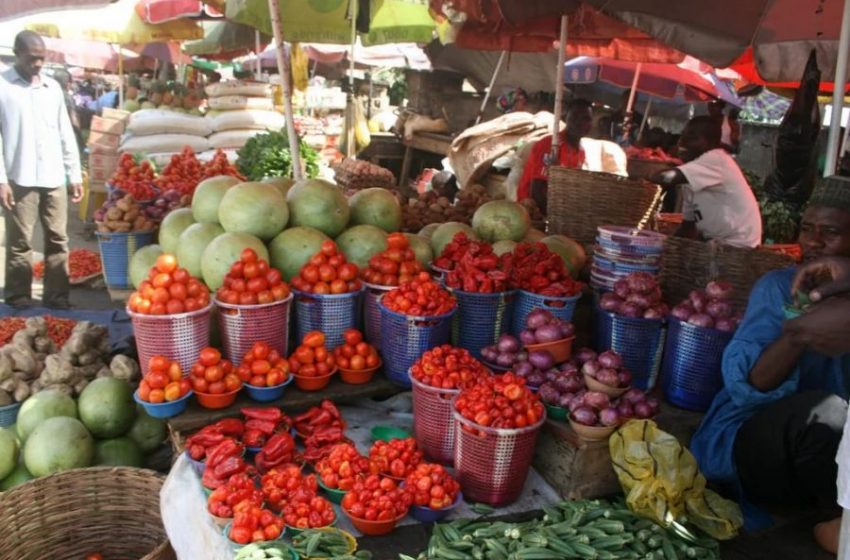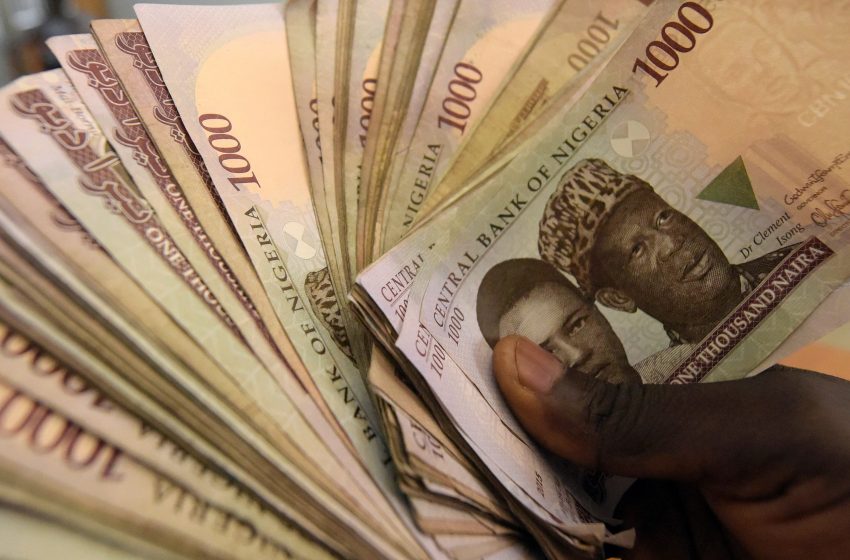-
Bank Borrowing From CBN Rises By 260%

According to the Central Bank of Nigeria’s financial data, Deposit Money Banks borrowed the sum of N5.744 trillion from the CBN via the Standing Lending Facility window and Repurchase Lending platform in 2022. This is a 260 per cent increase when compared to the N21.87tn recorded via the same windows in 2020 and a 19.3…
-
Capital Importation Falls By 24%

Capital importation into Nigeria’s economy fell year-on-year by 24.6 per cent to $4.56 billion in the first 10 months of 2022 (10M’22). This is from $6.05 billion in the corresponding period of 2021. Findings from the Monthly Economic Report of the Central Bank of Nigeria, CBN, also showed that capital outflows declined y/y by 32…
-
Nigeria’s Non-oil Exports Rise By 40%

The Nigerian Export Promotion Council has revealed that Nigeria’s non-oil exports grew by 39.91 per cent in 2022 to $4.820 billion. Semi-processed/manufactured products made up 36.61 per cent of the exports beating Agriculture’s 30.12 per cent volume of non-oil exports, while precious stones made up 17.06 per cent, and others 13.21 per cent. This was…
-
Nigeria’s Household Food Import Rises By 71%

Data from the Q3 2022 Foreign Trade Statistics report by the National Bureau of Statistics has shown that household food and beverage imports rose by 71.12 per cent between the third quarter of 2018 and the corresponding quarter of 2022. This development is coming despite the foreign exchange crisis in the country. The food and…
-
FG’s Deficit Spending Falls By 21%

Data from the Central Bank of Nigeria has shown that the deficit spending by the Federal Government fell by 21 per cent, Month-on-Month. This is a drop to N530 billion in October last year from N670.7 billion in September, driven by a decline in interest payments on domestic debts. Meanwhile, revenue into the Federation Account…
-
Consumer Credit Falls By 1.3%

The Central Bank of Nigeria has disclosed that consumer credit fell Month-on-Month by 1.3 per cent. This, according to the bank, is a drop to N2.37 trillion in October 2022 from N2.4 trillion in September 2022. CBN disclosed this in its October 2022 Economic Report, noting that the development in consumer credit was a result…
-
Export Intervention Loans Rise By N44bn

In statements released in the last Monetary Policy Committee meeting in 2022, the Central Bank of Nigeria’s intervention funds under its Export Facilitation Initiative rose to N44.58 billon in October 2022. It said, “Under the Export Facilitation Initiative, the Bank provided support for export-oriented projects to the tune of N5.34 billion, such that the cumulative…
-
Bank Deposits Rise By 19%

The Central Bank of Nigeria Monetary Policy Committee has said in a statement that deposits by Nigerian banks rose by N6.92 trillion. This is from N36.13 trillion as of the end of October 2021 to N43.05 trillion in the corresponding period of 2022. The Deputy Governor, Financial System Stability Directorate, CBN, Aishah Ahmad, said, “Notably,…
-
External Reserves Fell By $3.43bn In 2022

According to figures obtained from the Central Bank of Nigeria, the country’s external reserves fell by $3.43 billion in 2022. CBN disclosed that the reserves which stood at $40.52 billion as of the end of December 31, 2021, ended December 29, 2022, at $37.09 billion. External reserves or Foreign exchange reserves are assets held on…
-
Nigeria’s Power Generation Drops By 990MW

The latest data on the electricity generation trend has shown that the available generation capacity in Nigeria’s power sector dropped again in 2022. It crashed from the 6,336.52 megawatts recorded in 2021 to 5,346.82MW last year. Also, the annual capacity payment loss to power generation companies had increased to N1.8 trillion, showing a decrease in…
